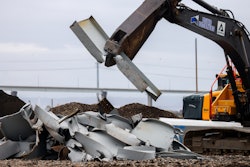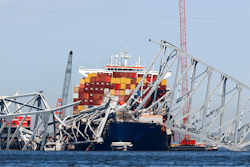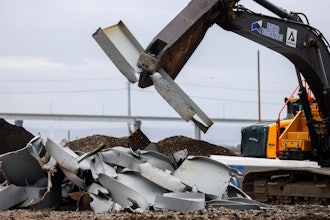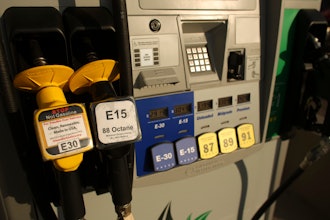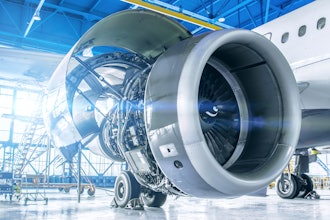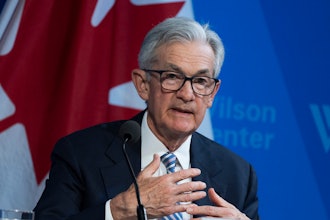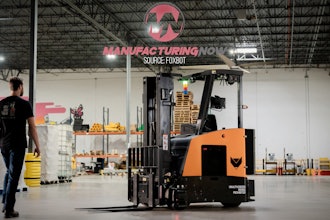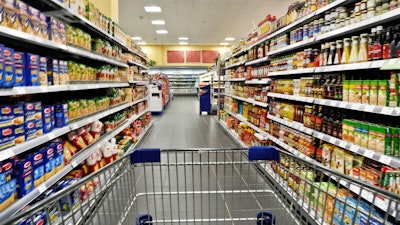
Retail sales took an unexpected dip in December in what could be a signal that persistently rising inflation is prompting a pullback in consumer spending.
Consumers paid more for everything from groceries to cars in 2021 as companies passed along the costs of pricier raw materials and supply chain delays. Spending remained strong thanks to pent-up demand throughout the year, despite the rising costs and longer waits for big-ticket items like cars and furniture.
Pressure from inflation has been building, though, as have concerns that consumers will eventually pullback on spending as they tire of higher prices hitting their wallets with no relief in sight.
Too much shouldn't be read into one report, said Jeff Buchbinder, equity strategist for LPL Financial. "But it does highlight that the stakes are high in the battle against inflation with higher prices eroding purchasing power.
Persistently rising inflation has made goods more expensive all around, therefore cutting purchasing power by making people stretch their dollars more for the same items.
Retail sales fell 1.9% in December, a key month in the holiday shopping season for many retailers. Economists expected a break-even month, owing to the increased spending by consumers in November as businesses warned about product shortages and shipping delays early in the holiday season.
Retail sales haven’t fallen by that much since early in 2021 and the drop this time occurred in the same month that inflation spiked in several measures.
“We had a lot of momentum the last time we spoke with you heading into December," Abercrombie & Finch CEO Fran Horowitz told investors in a recent financial update. “But as receipts flowed, we just did not have the inventory to keep up with demand.”
The clothing company joined several others in early January warning that inflation and supply chain problems would crimp financial forecasts, including paint maker Sherwin-Williams and medical products maker Cardinal Health.
The Labor Department reported that inflation jumped at its fastest pace in nearly 40 years, when compared with a year earlier. The consumer price index had already been steadily rising throughout 2021 as a surge in demand far outpaced supply for many raw materials and goods. Used car prices soared more than 37%, furniture prices rose 14% and everything from groceries to gas also rose.
Businesses, faced with higher costs that threatened their profits, have been raising prices with the expectation that people will pay without shifting their habits too much. That helped profit margins surge in 2021 to their highest levels in more than a decade, but companies are now warning investors that higher costs are dulling some of their financial forecasts.
Prices at the wholesale level surged by a record 9.7% for all of 2021, setting an annual record.
“December was a rough month for the American consumer,” said Anu Gaggar, global investment strategist for Commonwealth Financial Network.
But, she said, much of that drop could be a result of product shortages keeping consumers from spending. More data in the coming months will provide a clearer picture of whether inflation is stifling spending.
Rising inflation and its impact on economic growth has also prompted the Federal Reserve to step up its efforts more aggressively. The central bank is preparing to accelerate interest rate hikes this year, which would make borrowing for a home or car more expensive and help cool off parts of the economy.




